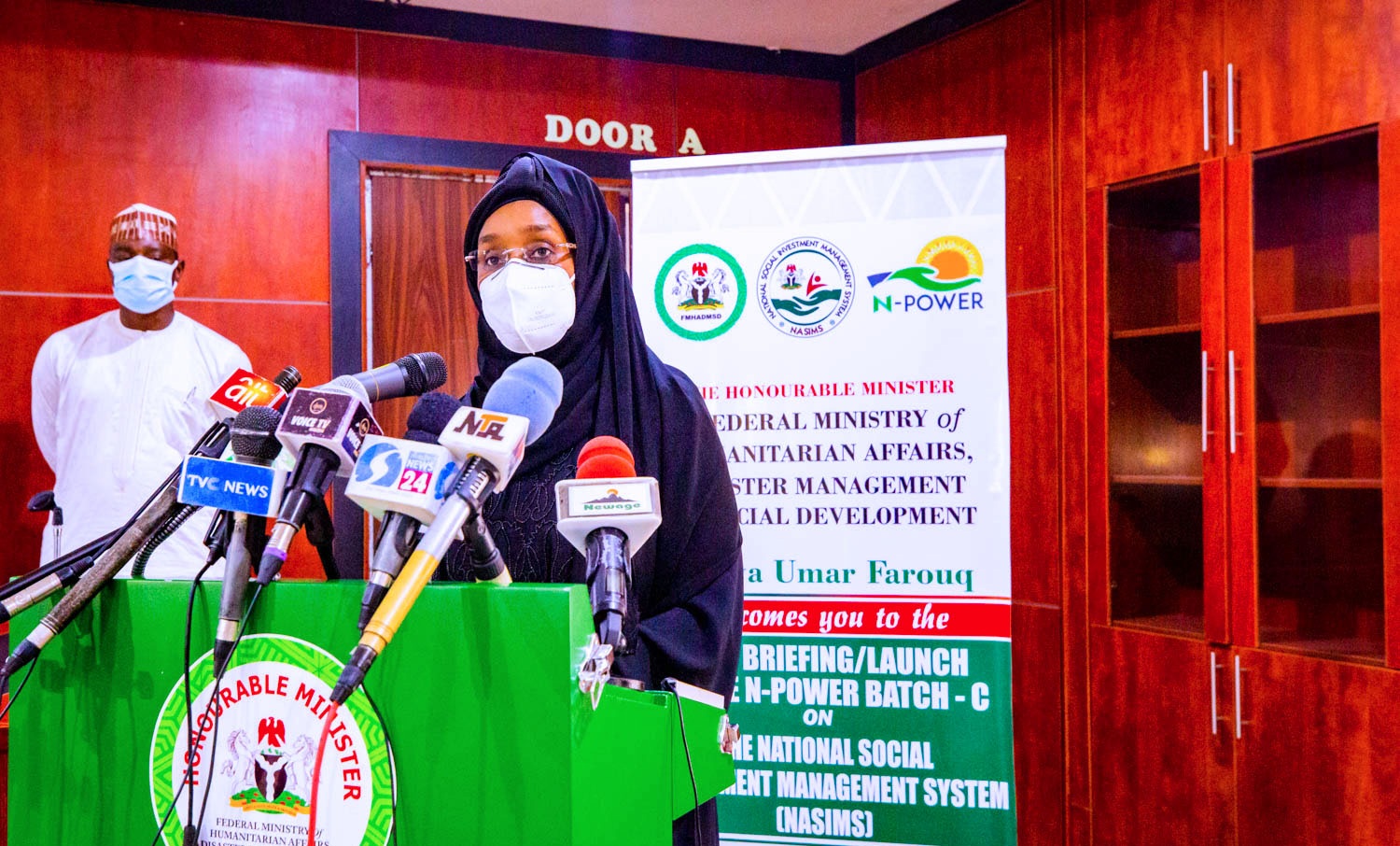The Nigerian Communications Commission (NCC) says it has concluded the process for determining the cost-based price of mobile international termination rate (ITR).
In a statement on Thursday, Ikechukwu Adinde, NCC director of public affairs, said the commission made this known during a forum in Abuja on Tuesday.
NCC had engaged the service of Messrs Payday Advance and Support Services Limited for a study on cost-based pricing of mobile ITR.
ITR is the rate paid to local operators by international operators to terminate calls in Nigeria.
Advertisement
This is different from mobile Termination Rates (MTR), which is the rate local operators pay to another local operator to terminate calls within the country.
Speaking at the forum, Umar Danbatta, the executive vice-chairman of NCC, said the cost-based study became imperative, following previous efforts at finding an optimum price for the termination of international voice services that will be beneficial to all relevant industry stakeholders.
Danbatta said the move is to ensure healthy competition on traffic handling for voice services between local and international operators in Nigeria.
Advertisement
The NCC boss noted that the “overriding need for regulatory options and intervention in relation to the international termination rate in the voice market segment is predicated on some intractable challenges, most common with economies with severe macroeconomic volatility such as ours.”
In 2013, NCC issued a determination stating that MTR are the same irrespective of where the call originated.
Danbatta said the determination was misinterpreted by operators at that time to mean that ITR should be the same rate as the MTR, consequently ignoring the international cost portion.
“Arising from these is the persistent fact that Nigeria’s ITR is below that of most countries with which it makes and receives the most calls, making Nigerian operators perpetual net payers,” he said.
Advertisement
“The obvious implication of this is seen in the attendant undue pressure on the nation’s foreign reserves, which continue to get depleted by associated net transfers to foreign operators on account of this lopsidedness.”
Danbatta explained that regulating the ITR is imperative for developing countries, such as Nigeria, with volatile currencies in order to prevent or mitigate the imbalance of payments with international operators.
He noted that “where ITR is not regulated, it tends to converge to the MTR and for a market like Nigeria with major supply side challenges, the socio-economic implications and attendant backlash can only be imagined”.
In her remarks, Yetunde Akinloye, director of policy, competition and economic analysis at NCC, said the ITR previously determined was based on actual benchmarking with countries of similar characteristics to Nigeria, but the findings from that study were faced by major national macroeconomic management challenges, ultimately pointing to the need for an ITR that is cost-based, consistent with the MTR.
Advertisement
Add a comment






